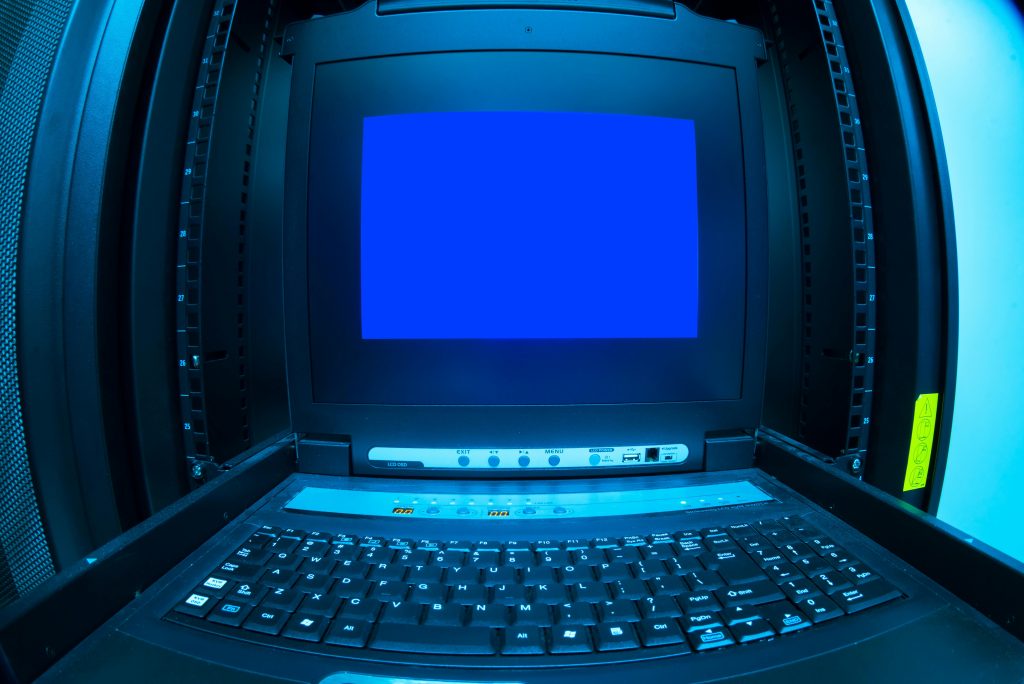Troubleshooting Windows 11 Update Failures: A Comprehensive Guide
Introduction
Staying current with the latest Windows updates is crucial for security, performance, and access to new features. However, many users encounter persistent issues when attempting to upgrade to newer versions, such as Windows 11 23H2 or 24H2. If you’re experiencing similar challenges, this guide offers detailed insights and potential solutions to help you resolve common update failures on Windows 11.
Understanding the Issue
In some cases, Windows updates may stall or fail at specific points—commonly around 70% completion—prompting the system to revert to the sign-in screen or display error messages. Difficulties can be compounded when manual troubleshooting steps, such as resetting Windows Update components or using built-in troubleshooters, do not resolve the problem.
Common Symptoms Include:
– Update progress halting at approximately 70%
– Reversion to the sign-in screen during update attempts
– Failure to upgrade from 22H2 to 23H2 or 24H2
– Persistent background processes related to Windows Update or Edge browser that cannot be disabled or removed
Initial Troubleshooting Steps
- Run Windows Update Troubleshooter
- Access via Settings > Update & Security > Troubleshoot > Additional troubleshooters
- Select ‘Windows Update’ and click ‘Run the troubleshooter’
-
Review the report; in many cases, it can automatically identify and fix issues like service registration problems
-
Reset Windows Update Components Manually
- Open Command Prompt as Administrator
-
Execute the following commands to stop update services:
bash
net stop wuauserv
net stop bits
net stop cryptsvc
net stop msiserver -
Rename SoftwareDistribution and Catroot2 folders:
bash
ren C:\Windows\SoftwareDistribution SoftwareDistribution.old
ren C:\Windows\System32\catroot2 Catroot2.old -
Restart the services:
bash
net start wuauserv
net start bits
net start cryptsvc
net start msiserver -
Use DISM and SFC Tools
-
These tools scan and repair corrupt system files that may hinder updates:
bash
DISM /Online /Cleanup-Image /RestoreHealth
sfc /scannow -
Run these commands
Share this content:



